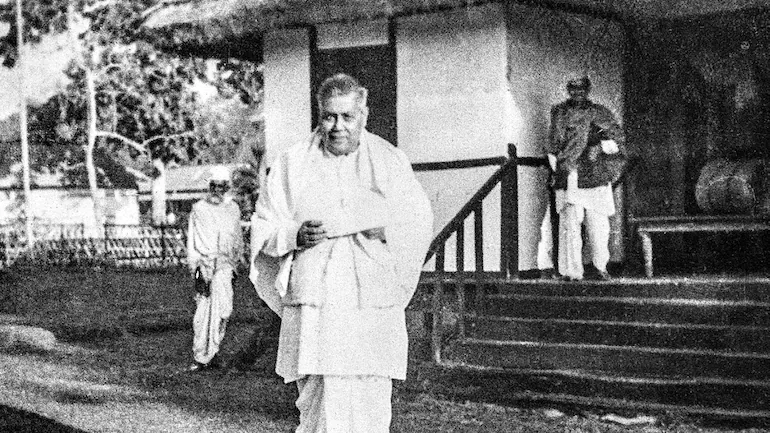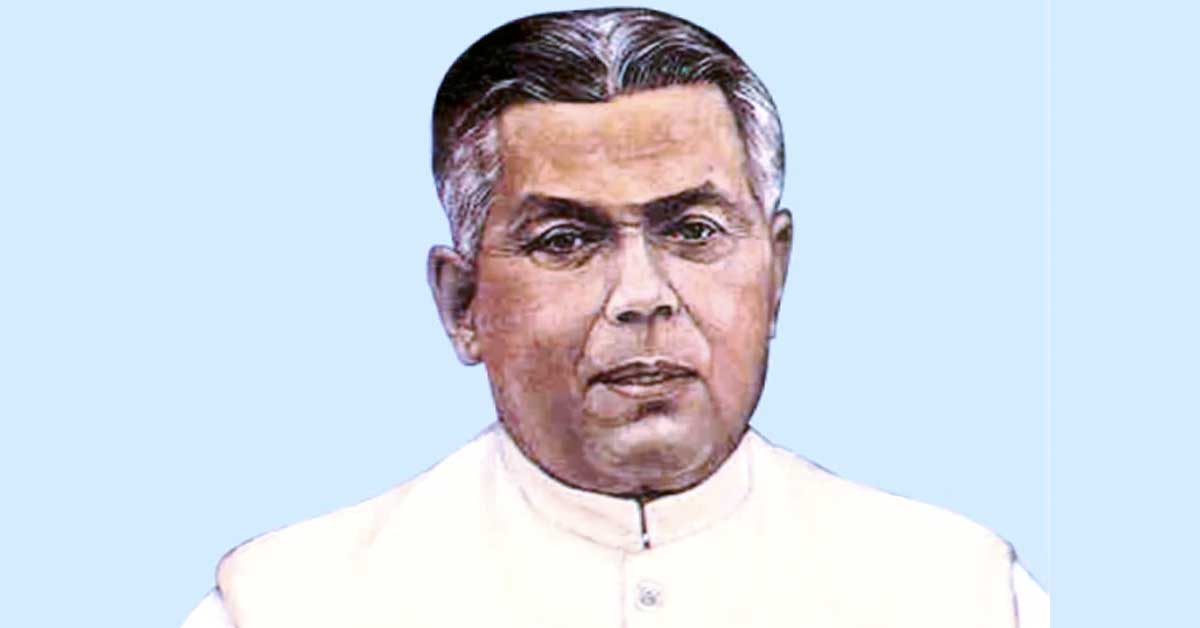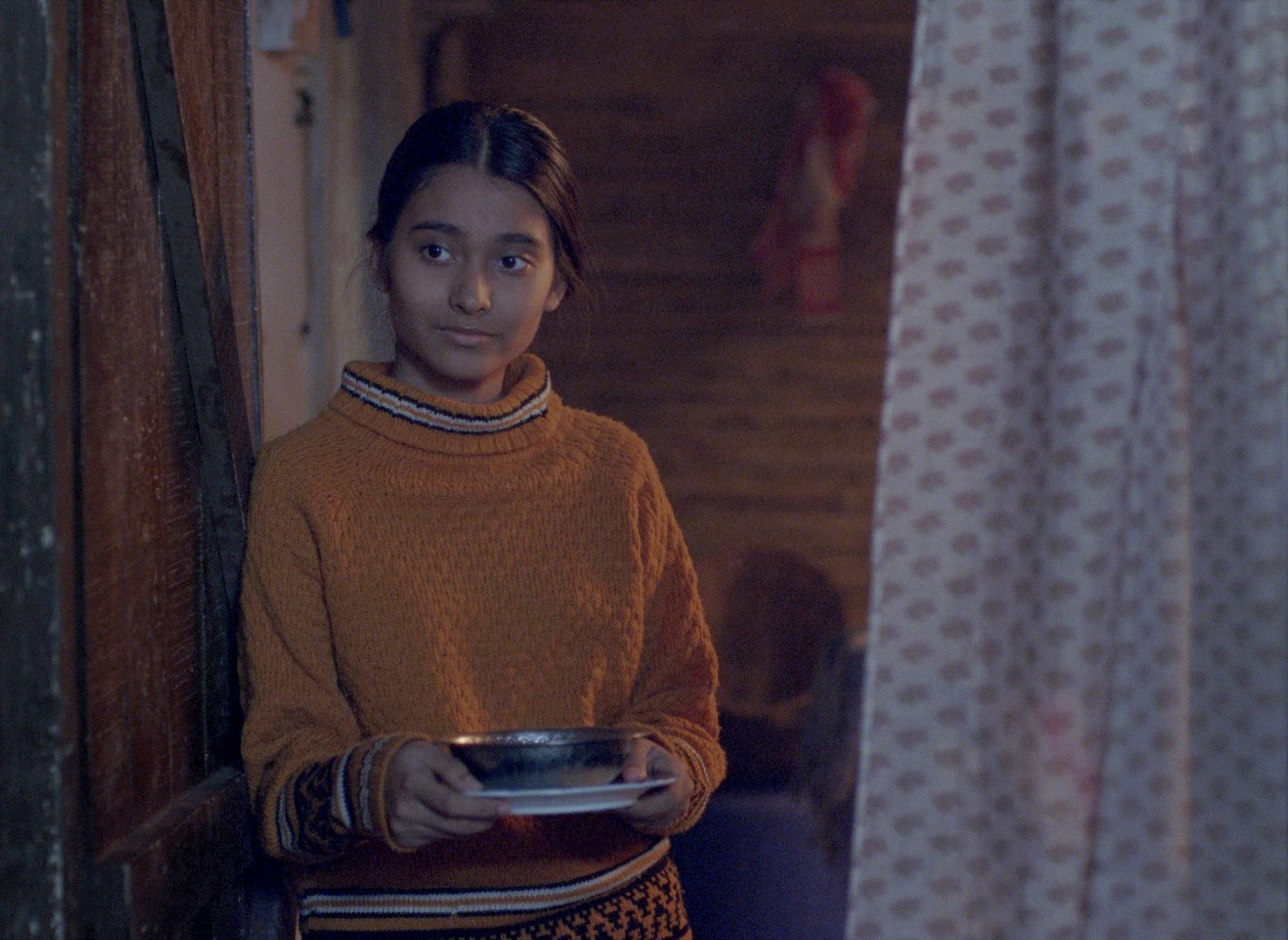After India gained independence, during the partition of India based on religion, the Muslim League negotiated with the then Prime Minister Jawaharlal Nehru to make Assam part of then East Pakistan and present-day Bangladesh. But Assam was saved from becoming part of Bangladesh due to strong opposition from Bordoloi.

Gopinath Bordoloi was the first Chief Minister of independent Assam and an active worker in India’s freedom struggle. In politics, he supported Mahatma Gandhi’s policy of non-violence. He was awarded the widespread title of Lokpriya from Jairam Das Daulatram, the then Governor of Assam, for his contribution to Assam and the Assamese people.
Gopinath Bordoloi – Early Life and Education
He was born on 6 June 1890 in Raha, Nagaon district. He was born to Buddheshwar Bordoloi and Praneshwari Bordoloi. His father, Buddheshwar Bordoloi, worked in Raha. They lived in Raha until Bordoloi was seven years old and received his first education there. His father then transferred to Mangaldoi for his job.
After the death of his mother, he was sent to Guwahati and enrolled in Cotton Collegiate Higher English School. During his schooling, he could not attend school regularly most of the time due to illness.
In the old days, students were given double promotions. Therefore, many gifted students were promoted from grade seven to grade nine. Bordoloi was double promoted in school and was enrolled in the upper level of high school at an early age. Bordoloi passed the entrance examination before he turned 16 years old.
He passed his matriculation examination from Cotton Collegiate in 1907 with distinction and obtained special marks in the drawing. He then went to Cotton College. From there, in 1909, he passed the examination of I.A with distinction in the first division obtained a scholarship in this and the entrance examination and enrolled in the Scottish Church College, Calcutta.
He received his postgraduate degree from the University of Calcutta in
He joined the temporary post of Headmaster of Sonaram High School in Guwahati at the request of Tarun Ram Phukan in view of his family’s financial situation.
Gopinath Bordoloi’s Political Career
The Assam Association was the only political organization in Assam at that time. Assam Congress began its activities as a branch of the Indian National Congress. The same year, Gopinath Bardoloi joined Congress as a volunteer and began his political career. He took an active part in the Indian Independence Movement.
He was arrested in 1922 during the Non-Cooperation Movement and sentenced to one year in prison.
Also Read – Lok Kalyan Divas – Lok Kalyan Divas to observe on August 5
In 1942, the Quit India Movement began. The Congress party was declared illegal, and all its leaders were arrested.
In 1946, the British government set up a Cabinet Commission to discuss India’s demand for independence. Its members held separate talks with the Congress and the Muslim League in Shimla and Delhi. According to their plan, the states would be divided into three groups, and representatives would be elected to draft the constitutions of Assam and Bengal, which would be in the third group. Gopinath Bordoloi could imagine the universal consequences because once they joined the group, the Assamese people would become a minority compared to Bengal, and their rights would be violated.
After India’s independence, Gopinath Bordoloi worked with Sardar Vallabhbhai Patel to secure the sovereignty of Assam from China on the one hand and East Pakistan on the other. He also helped resettle millions of Hindu refugees from East Pakistan due to the post-partition conflict. He was the one who maintained communal peace in Assam till the liberation war of Bangladesh.
Gauhati University, Guwahati High Court, Assam Medical College, Assam College of Veterinary Sciences, Government Ayurvedic College, Forest Training College, Assam Engineering College, Kamrup Academy, B. Barua College, Sharania Kasturba Ashram, Assam Agriculture University, Police Training College, Co-operative Training College, Assam State Museum, etc. were established under Bordoloi’s endeavor.
He died on 5 August 1950. It was Saturday.
He went to his home in Ulubari after a function and went to bed at 10 pm after having dinner. But at precisely 11 o’clock, he suddenly felt a pain in his heart that was getting worse. “I don’t hope to survive this time,” Bordoloi said in a broken voice. And he passed away.
Former Prime Minister Atal Bihari Vajpayee was conferred the Bharat Ratna posthumously in 1999. A life-size statue of Bordoloi was unveiled on 1 October 2002 in the Parliament House by the President of India, A.P.J. Abdul Kalam.


